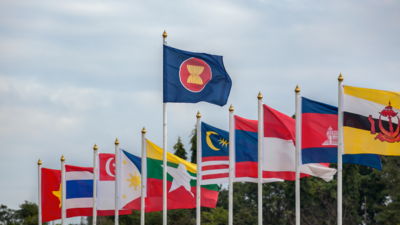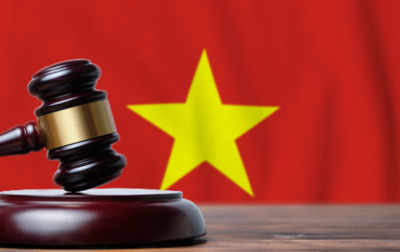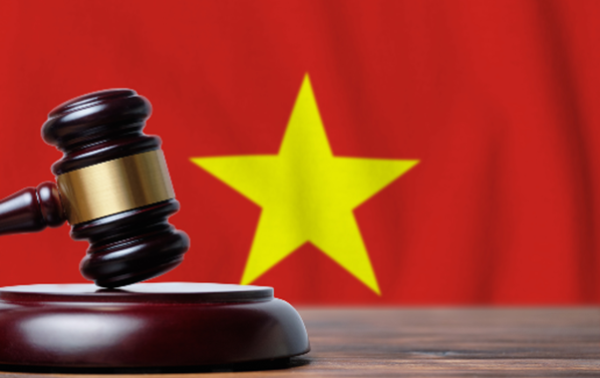TACHAN
- 8 August, 2023
- by Admin
Comparison of FDI Policies and Regulations between Vietnam and Other Southeast Asian Countries
Foreign direct investment (FDI) plays a significant role in driving economic growth and development in Southeast Asia. Understanding the FDI policies and regulations in different countries is crucial for investors seeking opportunities in the region. In this post, we will provide a comprehensive comparison of FDI policies and regulations between Vietnam and other key Southeast Asian countries, namely Singapore, Malaysia, and Thailand. This analysis aims to offer valuable insights into the investment climate and opportunities in the region.
Investment Approval Process:
● Vietnam: Foreign investors in Vietnam are generally required to obtain an Investment Registration Certificate (IRC) for most types of investments. The approval process involves submitting detailed investment proposals to the relevant authorities.
● Singapore: Singapore maintains an open and liberal FDI regime, with no specific approval process for most sectors. Certain industries may require licenses or permits from regulatory authorities.
● Malaysia: Malaysia has an investment approval process through the Malaysian Investment Development Authority (MIDA) for most sectors. Foreign investors are required to submit investment proposals to obtain approval.
● Thailand: Thailand has an investment approval process through the Board of Investment (BOI) for targeted industries. Other sectors generally do not require specific approval, but foreign ownership restrictions may apply.
Business Ownership:
● Vietnam: Foreign investors in Vietnam can establish wholly foreign-owned enterprises (WFOEs) or form joint ventures with local partners. Some sectors may have restrictions on foreign ownership.
● Singapore: Singapore allows foreign investors to establish wholly owned subsidiaries or form joint ventures with local partners. There are no specific restrictions on foreign ownership in most sectors.
● Malaysia: Foreign investors in Malaysia can establish wholly owned subsidiaries or form joint ventures with local partners. Some sectors may have restrictions on foreign ownership.
● Thailand: Foreign investors in Thailand can establish wholly owned subsidiaries or form joint ventures with Thai partners. Restrictions on foreign ownership exist in certain sectors.
Incentives:
● Vietnam: Vietnam offers various investment incentives, including tax incentives, preferential treatment for specific sectors and regions, and streamlined administrative processes in certain industries.
● Singapore: Singapore provides various incentives, including tax incentives, grants, and subsidies, to attract foreign investment. These incentives are often targeted at specific industries or activities.
● Malaysia: Malaysia offers various incentives, including tax incentives, grants, and subsidies, to attract foreign investment. These incentives are often offered through the promotion of specific industries and investment activities.
● Thailand: Thailand provides various incentives, including tax incentives, grants, and promotional privileges, through the Board of Investment (BOI). These incentives are typically targeted at specific industries and investment activities.
Sector-Specific Regulations:
● Vietnam: Vietnam has specific regulations for sectors such as banking and finance, telecommunications, media, energy, and healthcare. Foreign investors may need to comply with additional requirements or restrictions in these sectors.
● Singapore: While Singapore has sector-specific regulations, the overall regulatory environment is business-friendly, with a focus on transparency, efficiency, and ease of doing business.
● Malaysia: Malaysia has sector-specific regulations and licensing requirements in areas such as banking, finance, telecommunications, and healthcare. Compliance with these regulations is necessary for foreign investors in the respective sectors.
● Thailand: Thailand has sector-specific regulations and licensing requirements in areas such as banking, telecommunications, and healthcare. Compliance with these regulations is necessary for foreign investors in the respective sectors.
Understanding the FDI policies and regulations is crucial for investors considering opportunities in Southeast Asia. This comparison of FDI policies and regulations between Vietnam, Singapore, Malaysia, and Thailand provides valuable insights into the investment climate in the region. While each country has its own unique framework, these comparisons help investors navigate the specific requirements, incentives, and restrictions in each market. Conducting thorough research, consulting legal experts, and staying updated on the evolving regulations are essential steps for successful foreign investment in Southeast Asia.
- Tags:
Related news





